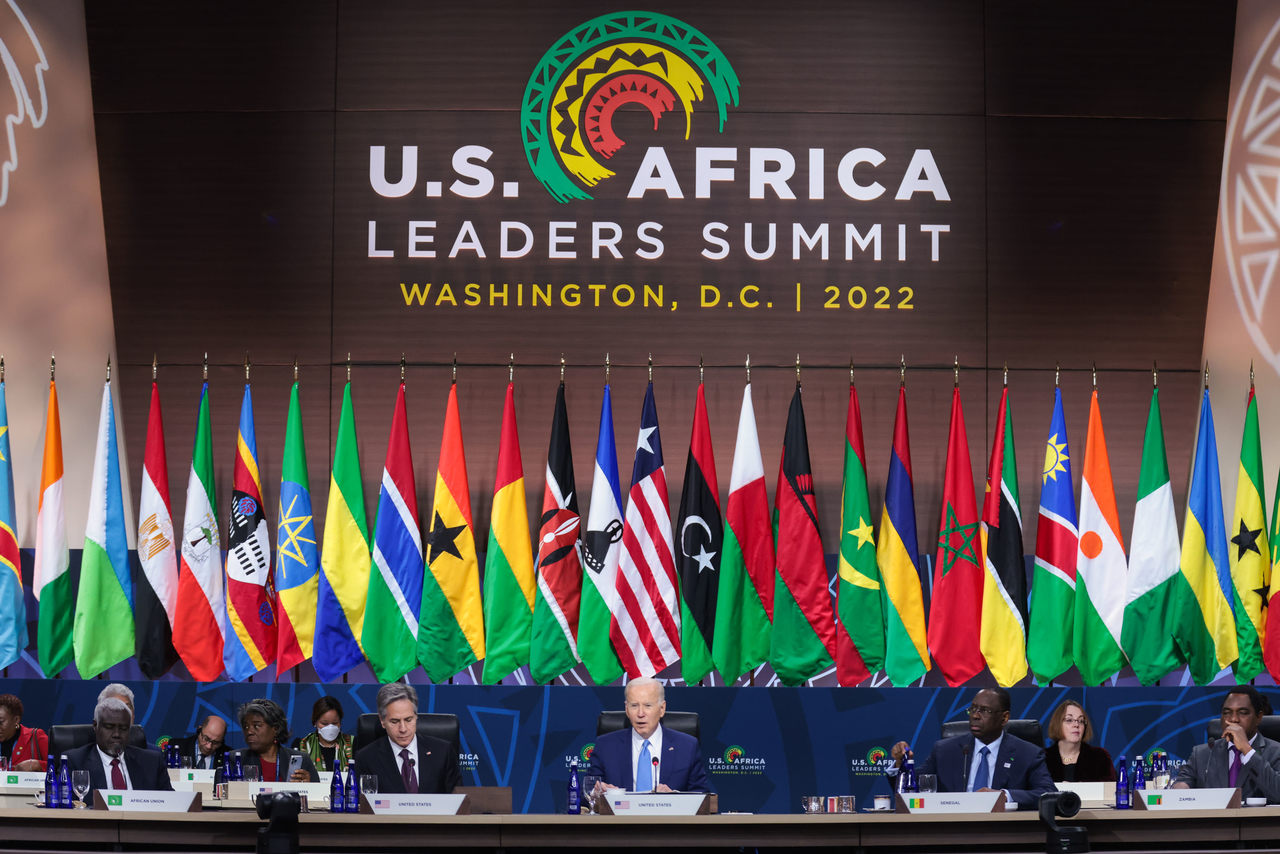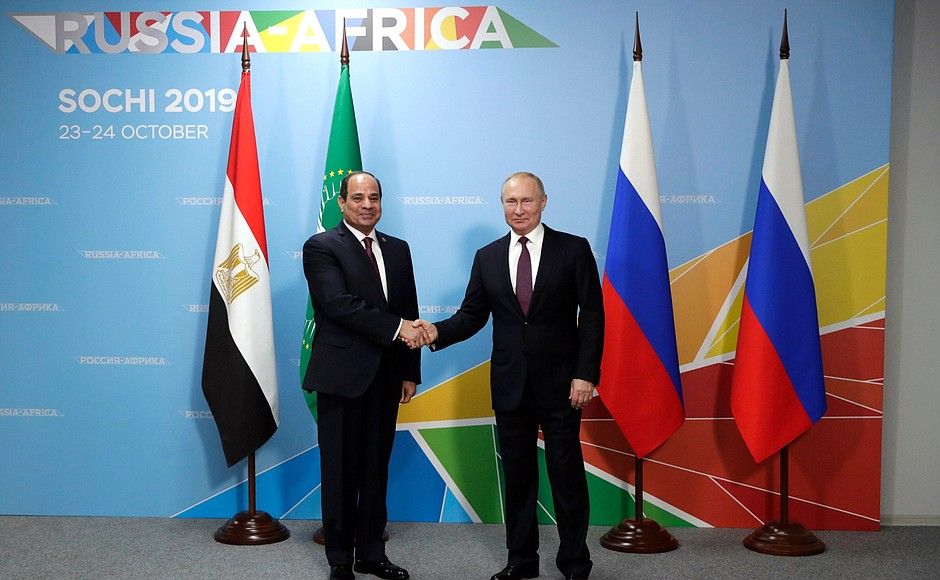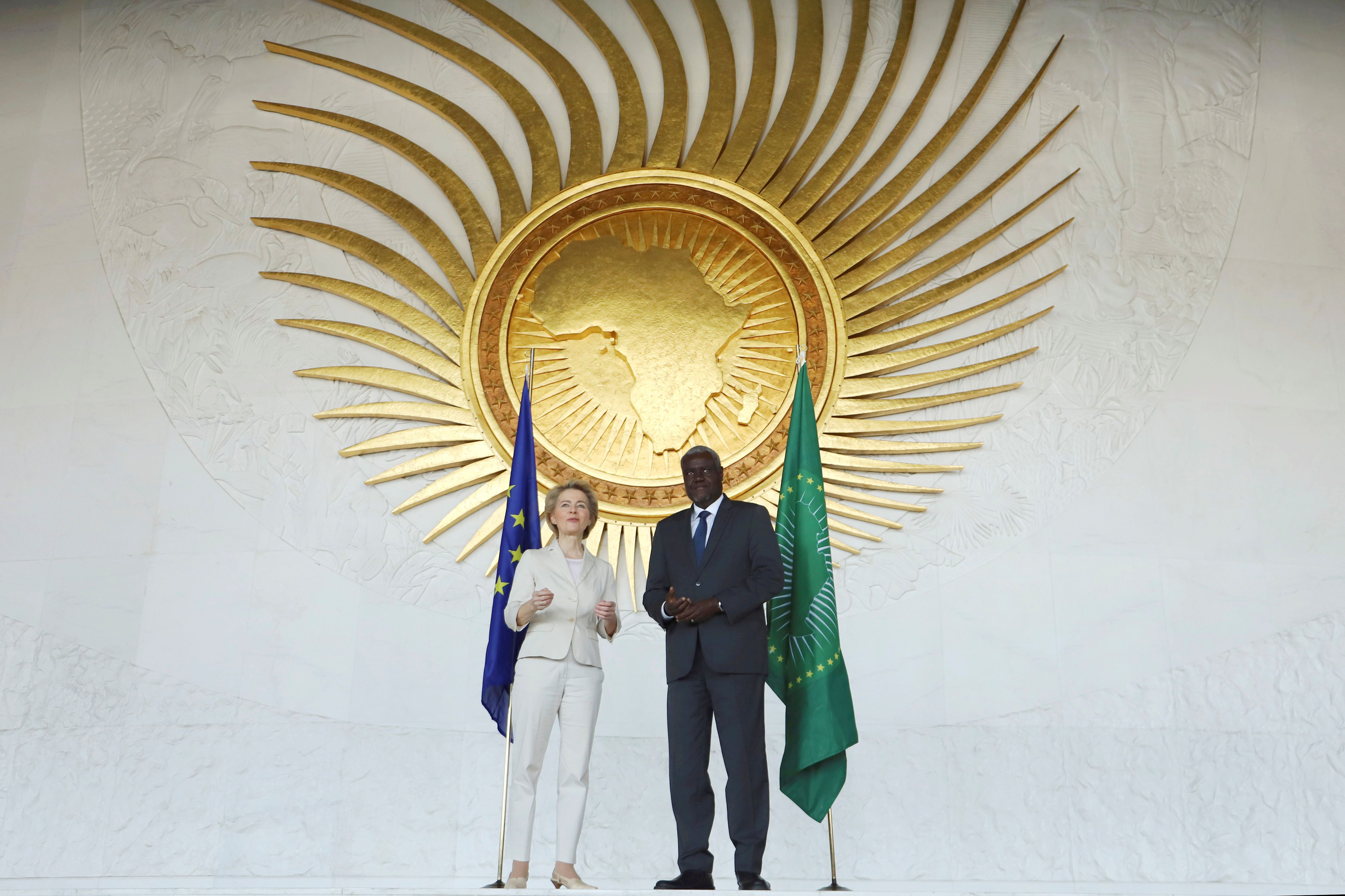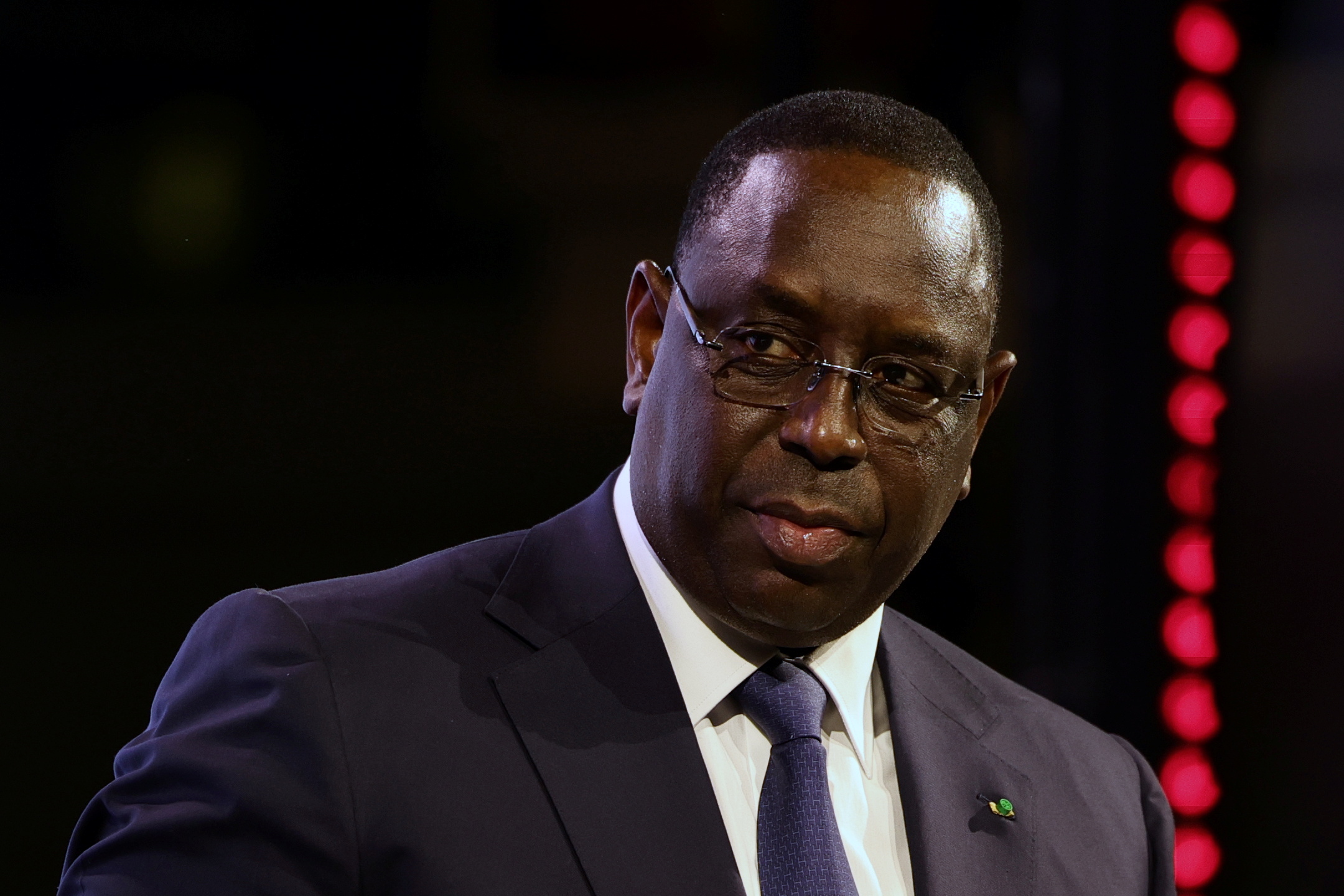U.S.-Africa Leaders Summit - Seeking Renewed Partnership
On 13-15 December, the 2nd U.S.-Africa Leaders Summit was held in the United States after an eight-year break, attended by representatives of 49 African states (mostly heads of state) and the African Union. The meeting was an attempt to affirm U.S. global leadership. and present Africa with an alternative to China and Russia, for example, in the form of support for membership of the African Union in the G20.
 Oliver Contreras/POOL/CNP/startraksphoto.com/Cover Images/Forum
Oliver Contreras/POOL/CNP/startraksphoto.com/Cover Images/Forum
Why did the Biden administration hold the summit?
The goal is to deepen multi-area cooperation with African countries in accordance with the guidelines of the U.S. continental strategy adopted in August this year. The informal intention is to create a counterbalance to Chinese and Russian political and economic influence in Africa (China is the largest investor and trading partner) focused on trade relations and economic cooperation, security issues, the stability of states, and democratic systems. Burkina Faso, Guinea, Mali, and Sudan (due to recent military coups) and Eritrea (which openly supports Russia in the war in Ukraine) were not invited. The summit also was an opportunity to discuss short-term issues such as the food crisis resulting from the Russian invasion of Ukraine or disruption of supply chains because of the COVID-19 pandemic. The U.S. tried to present itself as a reliable partner in combating global challenges, recalling the delivery of 231 million doses of COVID-19 vaccines to a total of 49 countries in Africa.
What were the results of the summit?
The U.S. declared it would provide African countries with economic aid worth a total of $55 billion over three years, $15 billion more than China declared at the summit last year. President Biden, however, stressed that this aid would be dependent on cooperation with Congress, which may be hindered by the Republicans taking control of the House of Representatives. The value of business deals concluded during the summit by American and African companies was estimated at up to $15 billion. During the summit, the U.S. declared expanded areas of cooperation with Africa, including digitalisation and new technologies, the energy transformation and climate protection, and space cooperation. On the occasion of the summit, the first U.S.-African space forum was held and Nigeria and Rwanda were the first African countries to sign the Artemis Accords on the exploitation of space. The U.S. and Kenya signed a protocol on civil nuclear cooperation. Both of these areas have so far been dominated by Russia in Africa. The U.S. also signed a protocol with the secretariat of the African Continental Free Trade Area (AfCFTA), which should improve trade on the continent.
Does the summit signal a change in U.S. policy towards Africa?
The focus on competition with Russia and China continues Trump administration policy but departs from the antagonisation of African countries under that presidency, while the detailed proposals for aid and investment are a manifestation of a different approach. The assessment of the summit and the policy of the Biden administration will therefore depend primarily on the success of individual projects and on maintaining political contacts with the African Union and state authorities. During the summit, President Biden did not hold bilateral meetings but did attend a meeting with the presidents of the Democratic Republic of Congo, Gabon, Liberia, Madagascar, Nigeria, and Sierra Leone to discuss upcoming elections in those countries and urge leaders to respect the principles of fairness and transparency of voting. In order to better coordinate the newly announced actions, President Biden announced his intention to nominate a special representative for implementation of U.S.-Africa Leaders Summit decisions. He also declared that he, the vice president, and the secretaries of State, Defense, Treasury, and Trade and the head of USAID would visit selected African countries in 2023.
How do African states assess Biden’s policy towards the continent?
Biden presidency has raised hopes for more partner-like relations, heralded by the appointment of officials experienced in relations with Africa or of African descent to high positions in the administration. They were also expressed in the new U.S. strategic document, which emphasises the desire to solve the most important global problems together with Africa. During the summit, Biden reiterated his support for reforming the UN Security Council to include African voices (he first expressed this idea in September) and supported the inclusion of the AU in the G20. The latter is seen as appreciation of AfCFTA, Africa's most ambitious economic integration project. What is disappointing, however, is the lack of consistency in supporting the rule of law—although officials who took power in recent years while also criticising the West did not receive invitations, the pro-French and pro-U.S. military leader of Chad did. African states also still resist pressure to explicitly dissociate themselves from Russia. They perceive the summit declarations as reducing their subjectivity.
What is the approach of African countries to such cooperation formats?
The formula of “Africa+” summits is also used by the EU, China, Japan, Russia, Turkey, and India, and to a limited extent also by the United Kingdom and France. Thus, African countries do not treat the meeting in Washington as a unique opportunity to develop solutions in such fields as security, energy, or ecology, but rather as a space to learn about one of many offers. When assessing these offers’ attractiveness, African partners take into account the declared value of the announced programmes, whether they are a genuine partnership, and the possibilities of implementation. The American approach is close to that of the Europeans and Japanese, all three based on similar values and an approach involving African partners in the implementation of programmes and offering transparency. From both the African and Western perspectives, greater coordination between the three partners would be desirable.






